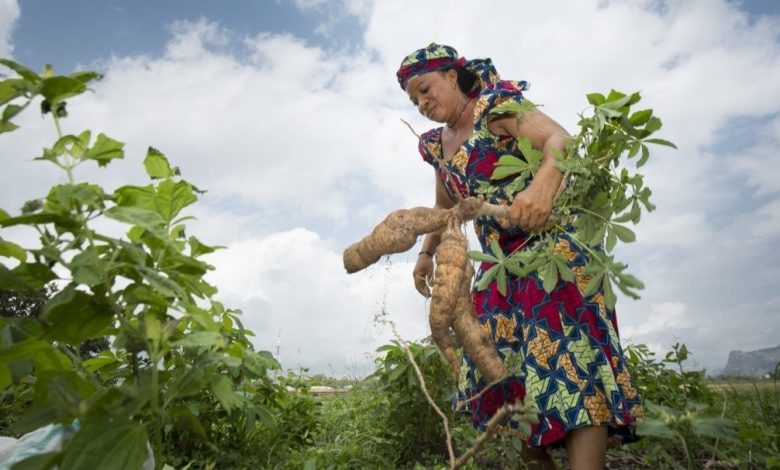UN Report Reveals Links Between Gender, Climate Change And Insecurity In Northern Nigeria

A new joint report, ‘’Sustaining Inclusive Peace on the Frontlines of Climate Change” has revealed the close links between gender, climate, and security, and the role of women in conflict prevention and sustainable peace.
The report was published on Tuesday by the UN Environment Programme, UN Women, the UN Development Programme and the UN Department of Political and Peacebuilding Affairs.
The report featured 11 case studies of communities where insecurity, climate change, and gender issues proliferate, particularly in Northern Nigeria, one of the most vulnerable regions facing climate change extreme weather events and risks.
Chitra Nagarajan, an independent researcher, who authored the report, stated that “Attacks, including sexual violence, against women, heighten conflict as norms of protective masculinity impel men to retaliate when “their women” have been attacked”.
“Northeast Nigeria, for its part, has been the theatre of contestation between armed opposition groups (Boko Haram) and the state for the past decade. Land that is both secure and fertile is insufficient for all populations to pursue livelihoods, resulting in areas of higher population density and reduced resilience to variations in climate.”
“Communities are also experiencing increasing tensions and degrading social cohesion, relationships and networks. Young men, recruited into and forced to join Boko Haram and community militias, are often stigmatised and feared as perpetrators of violence.
“Conversely, women, often seen as innocent victims, can choose to join Boko Haram to escape the patriarchal norms of mainstream society, particularly given the lack of alternative livelihood options.
“At the same time, with many men detained, killed, fighting or having left them behind in search of work elsewhere, women are finding ways to provide for their families in sharp contrast to pre-existing gender norms of breadwinner masculinity.
“However, this increased resilience is far from uniform, as particular groups of women, such as women with disabilities, face intersecting forms of marginalisation, lesser access to capital,” the report added.
The UN joint report called for gender-responsive action to tackle these linked crises. Interventions around natural resources, the environment and climate change, including providing significant opportunities for women’s political and economic leadership, and strengthen their contributions to peace as well as sustainable natural resource programming to mitigate sexual and gender-based violence in conflict.
Support Our Journalism
There are millions of ordinary people affected by conflict in Africa whose stories are missing in the mainstream media. HumAngle is determined to tell those challenging and under-reported stories, hoping that the people impacted by these conflicts will find the safety and security they deserve.
To ensure that we continue to provide public service coverage, we have a small favour to ask you. We want you to be part of our journalistic endeavour by contributing a token to us.
Your donation will further promote a robust, free, and independent media.
Donate HereStay Closer To The Stories That Matter




